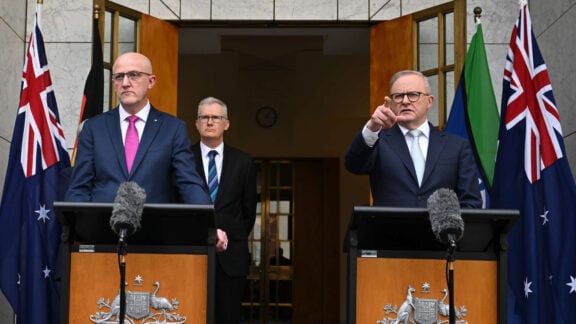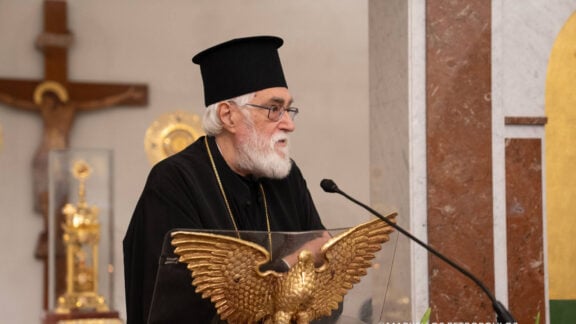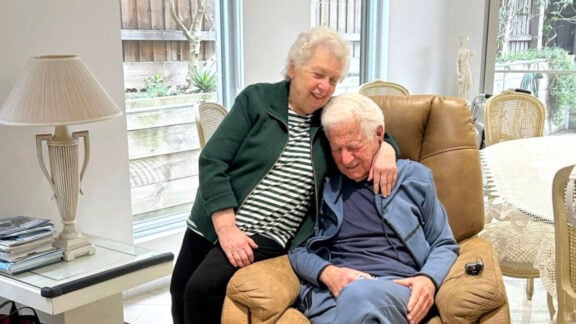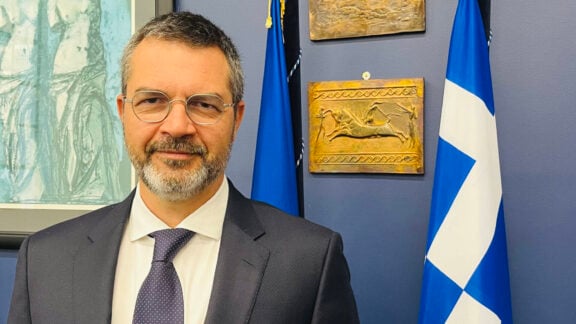Prime Minister Kyriakos Mitsotakis was expected to go on the offensive in Friday’s parliamentary debate that was called for by opposition leader Alexis Tsipras of Syriza, over the attempted wiretapping of the phone of PASOK leader Nikos Androulakis.
Greek national daily Kathimerini reported that Mr Kyriakos would point out to parliament that it was he who launched the issue at the beginning of the month after he was informed of an attempt to tap into Mr Androulakis’ mobile phone .
A government source told the newspaper that the prime minister could not be accused of covering up the affair when it was he who made public the affair by asking for the resignation of Panagiotis Kontoleon, the head of EYP -Greece’s National Intelligence Service and by also accepting the resignation of the secretary general to the PM, Grigoris Dimitriadis.
The government was also expected to also talk about the role of the EYP and what needed to be done to prevent other surveillance breaches in the future.
The newspaper said that the government had a four-point plan to restructure and rebuild the EUP that would include “extra filters” to make it more difficult for the organisation to monitor politicians and journalists.
Mr Mitsotakis was also expected to raise the question whether it should be legal for the FYP to have the right to monitor a politician or if this role should be made illegal. Kathimerini reported that the PM’s aides advised that he should ask the question in parliament where the matter could be clarified and decided by all the parties.
In his resignation letter to the prime minister, Mr Kontoleon pointed to “oversights in process of statutory inspections”.
Mr Mitsotakis’ office said that Mr Kontoleon had submitted his resignation “following mistaken actions found during lawful wiretapping procedures”. Under Greek law any security service monitoring must first be approved by a prosecutor.
In another development, a 19-member parliamentary Committee on Institutions and Transparency of the Parliament has approved the appointment of Themistoklis Demiris to take charge of the EYP.
Mr Demiris, aged 70, is a secretary general in the Greek Foreign Ministry and has held diplomatic posts in Italy, Cyprus and the European Union.









